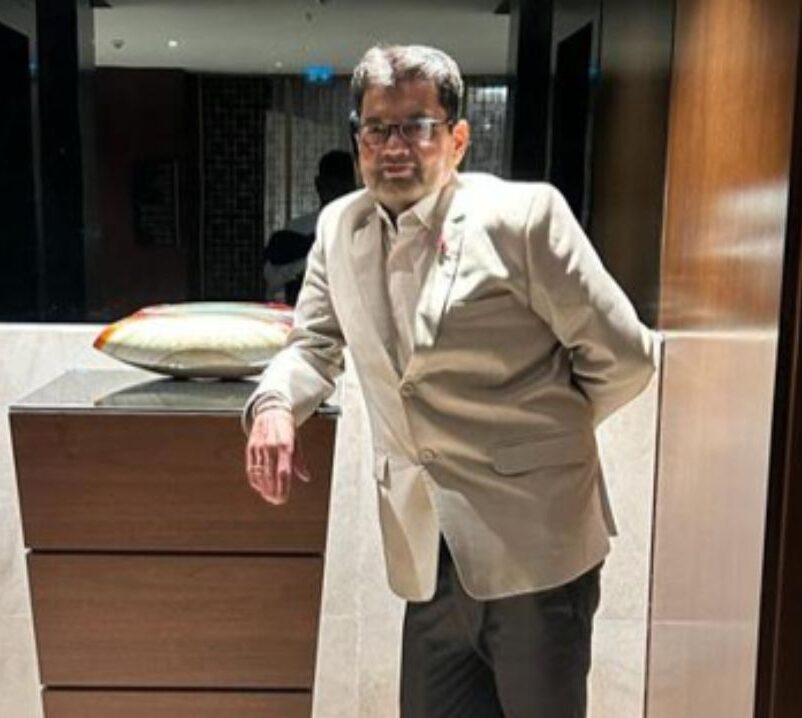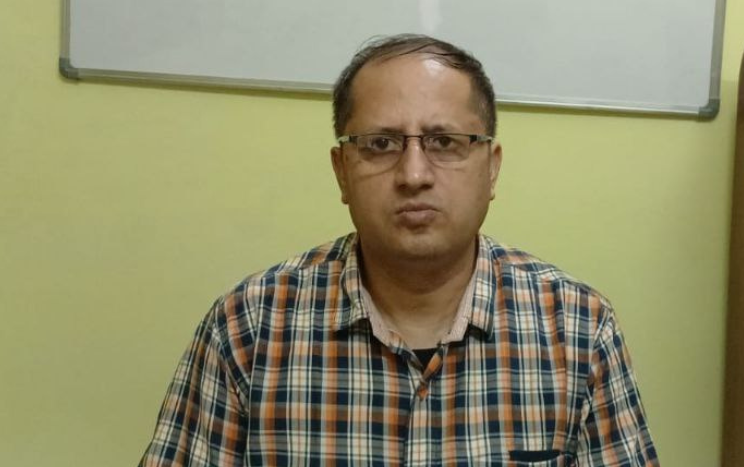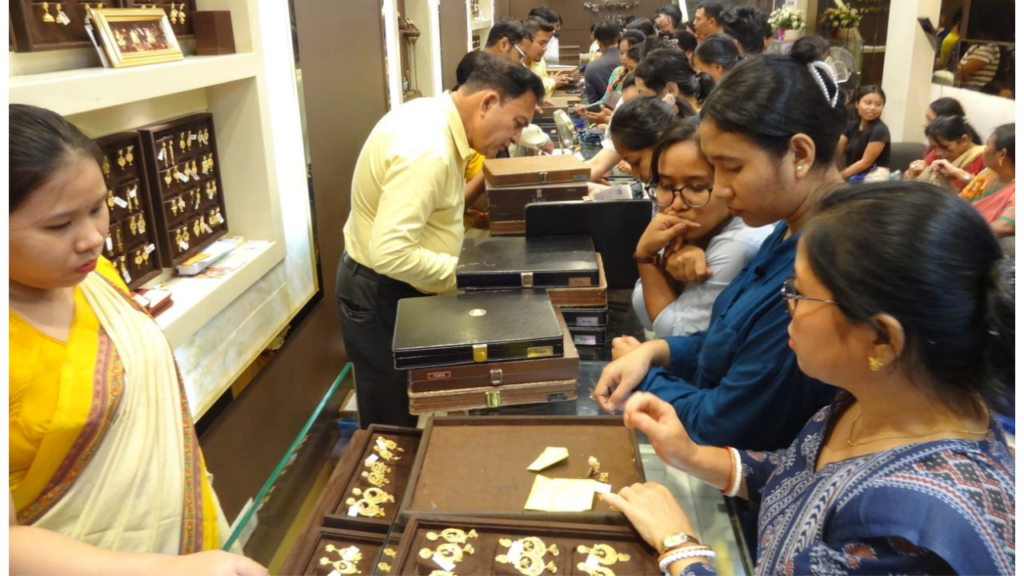The Diwali festivities come with its share of increased expenses that can end up claiming lion’s share of bonus, if not entirely. Introduced by Government of India through Payment of Bonus Act, 1965, Diwali bonus warms up the festivities.
While one is tempted to splurge on white goods like that long awaited washing machine or a bigger fridge with more doors or a new car or new bike, trade pundits and investors suggest investing your hard earned money wisely to get better dividends.
However, if you wish to make your bonus go a longer way than usual, invest at least 50% of it wisely such that you meet your future expenses with the earnings from these investments. The Voices Team, across the length and breadth of country, met wealth managers from across the country to get the best investment advice for salaried persons across different age groups.
Fund management services provider, Devina Mehra, Chairperson and MD, First Global, Mumbai says, “It is always better to invest the lump sum amount (bonus) that you get or it will get spent. My advice would be that if you do not require the bonus money for any expenditure in the next two or three years, then you should invest it in an equity fund or a multi-asset strategy fund.’’

However, investments are not always easy for people like Shikha Mohan. A 51-year-old single mother, Shikha began investing quite late in life. Investing was never an option for her as the regular salary was used to meet daily expenses and other necessary expenses like her daughter’s education. “Whenever I got a Diwali bonus, the first instinct was to buy things that we couldn’t buy all year for my daughter and myself,’’ says Shikha. Thankfully, Shikha has now started investing as her daughter is employed and takes care of most of the regular expenses. “I have now realized what it means to have a dual-income household,” says Shikha.
When it comes to investments, the golden rule is `better late than never.’ Irrespective of when you get into the investment arena, adding to one’s investment bucket is a must, advises Devina. Her guidance for Shikha is to invest a small portion of her income on a regular basis. “Whenever she gets extra income in the form of an increment or bonus, 70% of the excess income should be invested,’’ advises Devina.
Chartered Accountant S. Jaideep Singh, Convener of the Amritsar Zone for the PHD Chamber of Commerce & Industry suggests, “By investing their Diwali and other bonuses, young earners can accumulate a significant sum over 10-15 years. This can help to achieve their long-term goals or serve as a financial cushion in their tough times.’’

In order to get the best bang for your buck, it is important to follow a sound investment strategy tailor-made for you based on your demographic, preferences, needs, and investment goals.
Multiple Investing Options

Indians’ love for gold is seen from the fact that we have dedicated days for buying gold like Dhanteras, Akshaya Tritiya etc. A study by the India Gold Policy Centre (IGPC) at IIM Ahmedabad has shown that typically about 18% of the total household investment is in gold. The Indian housewives’ love for gold has proved to be a boon as gold prices skyrocketed in recent years. Gold prices were at Rs 80,307 per 10 grams on 28 October 2024.
“Nowadays, there are many alternatives available for those who do not wish to or are unable to invest in physical gold,’’ adds Singh. One can choose from Gold ETFs (Exchange Traded Funds), Gold Mutual Funds, Sovereign Gold Bonds and Digital Gold.
If one is looking to grow one’s capital, then one should invest in the equity and debt markets. Mumbai-based Financial Advisor, Rakesh Sodi of Sodi Consultancy says, “I wouldn’t recommend stock investments for the short term, as the risk of loss is significantly higher. For short-term goals, fixed deposits (FDs) are a safer option. Holding cash amid inflation can erode its value, whereas an FD not only preserves the principal but also generates interest, offering a modest but reliable profit.’’

Fixed deposits (FDs) should be used to meet short-term or near-term expenses like children’s education or weddings, travel and even medical needs (in addition to medical insurance). The assured interest rates and safety of capital make FDs a safe and secure investment but it is unlikely to provide any significant capital appreciation.
Advertisement agency owner, P Sivakumar Sharma, Proprietor, Sri Sai Lalitha Lakshmi Ads from Guntur, Andhra Pradesh believes in having a mixed portfolio of investments to save himself from life’s ups and downs. “Apart from the precious metal, I have put my money into mutual funds using Systematic Investment Plans (SIPs) for long-term gains,’’ he says. For short-term benefits, he invests directly in stocks. There is a catch though, says Sharma, “Our responsibility does not end with investments alone. We need to monitor our investments continuously to ensure things don’t go wrong.’’
The advantage of investing in mutual funds is that they are managed by professional managers who are constantly monitoring the markets and have access to research data. SIPs allow investors to invest in the markets in a regular and systematic way by investing a predetermined amount in stocks and mutual funds at predetermined periods ( say monthly or quarterly).
Diversifying investments

Anootosh Sakar, a 34-year-old working at Hitachi Digital Services likes to spread his earnings over different investment options. Typically, he spends 15% of his salary every month on mutual funds and gold and about 20 to 25% of his annual income on buying stocks. “I don’t like to indulge in intra-day trading because I don’t know much about trading and it’s too risky with profits being very unstable. I’m actually planning to buy more silver and gold this year,” says he.
LIC Agent Sumit Kumar offers different strategies for short-term and long-term gains. “For a short-term period of 1-3 years, I do not suggest investments in pure equity funds. You can choose to invest in either short-term funds or in balanced advantage funds where the returns are expected to be in the range of approximately 8-10 % returns. Invest in large and mid-cap funds for the long-term to earn approximately 15% compounded annualized returns over a period of say 10 years,” says Kumar.

A common misconception is that one needs a huge amount of money to invest in the stock markets. Delhi-based Manoj Kumar Singh who teaches finance says that one can start a SIP putting aside Rs 100 or even Rs 51 daily. “For those in the age group of 23-30 years, now is the best time to start thinking about your future goals and begin investing. A SIP of Rs 100 per day for 30 years will give you a return of a crore at the end. If Rs 100 per day is not possible, then start a SIP of Rs 51 daily for 30 years as it will still amount to Rs 51 lakhs,’’ reiterates Manoj Kumar Singh.

Putting all your eggs in one basket is not a good strategy when it comes to investments believes Pratyush Srivastava, Assistant Producer, Zee Media. He prefers investing in mutual funds as it is a good means of growing money in a safe and systematic manner. “Besides, I also invest some money in stocks or other investment options so as to diversify my investments,’’ he says.
In today’s consumer age when one is bombarded by messages of festival discounts and sales, it is easy to get carried away and splurge our hard-earned bonus. But a little discipline will help to control the shopping urge. Make sure you don’t spend the entire bonus. Be a smart investor and you can enjoy the earnings from the wisely invested Diwali bonus in the years to come.
Copyedited by: Aakriti Dubey

